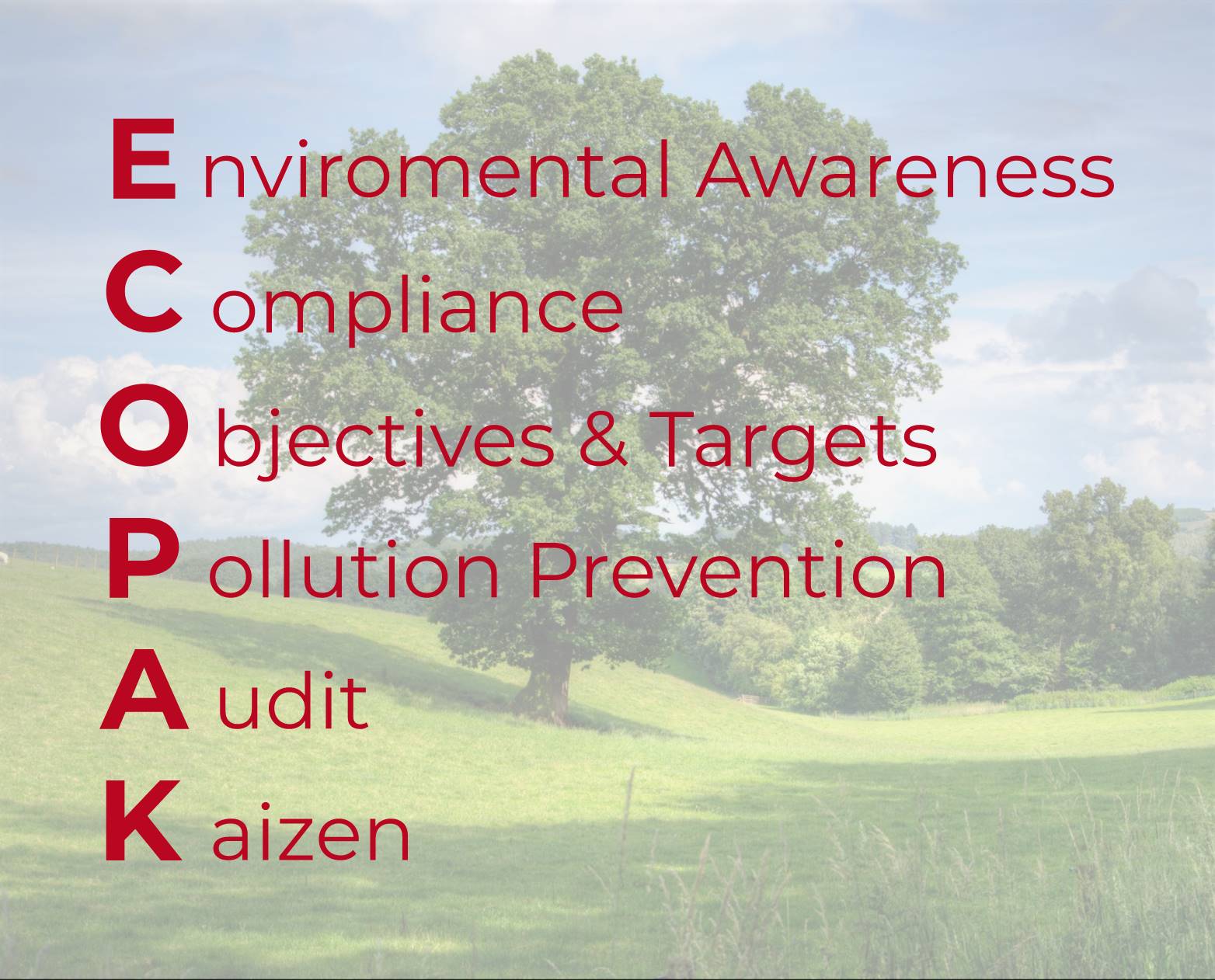Collaborative Project on Model-Based Design and Control of Next-Generation Green Automobiles is Winning Project
WATERLOO, Ontario (February 5, 2014) – A collaborative project between Maplesoft, Toyota Motor Manufacturing Canada (TMMC) and the University of Waterloo (UW) has won a Synergy Award for Innovation. Instituted by the Natural Sciences and Engineering Research Council of Canada (NSERC), the annual Synergy Awards for Innovation recognize examples of collaboration that stand as a model of effective partnership between industry and colleges or universities.
The Maplesoft-TMMC-UW collaborative project was recognized for its success in designing automotive systems and model-based controllers that improve vehicle safety and comfort while reducing fuel consumption and emissions. Dr. John McPhee, Professor and NSERC/Toyota/Maplesoft Industrial Research Chair in Mathematics-based Modelling and Design at UW, and his research team developed the core technology behind Maplesoft’s modeling and simulation platform, MapleSim. As an end user of the technology, TMMC in Cambridge Ontario and the Toyota Technical Center in Ann Arbor Michigan brought crucial technical support, experimental assistance and industry expertise to the collaboration.
“The partnership between the University of Waterloo’s Dr. John McPhee, Maplesoft and Toyota Motor Manufacturing Canada is an excellent example of university researchers working side-by-side with industry to achieve mutual benefits,” said Janet Walden, Chief Operating Officer of the Natural Sciences and Engineering Research Council of Canada (NSERC). “Their collaboration accelerated the exchange of ideas and information that allowed Maplesoft to expand the market for its modelling software and for Toyota to improve the design, comfort, and efficiency of its vehicles. Facilitating these productive research partnerships is an important part of NSERC’s role.”
“Our partnership with Maplesoft and Toyota has enabled us to accelerate advances in green automotive technologies by customizing software models for batteries, engines, suspensions, and other components in hybrid electric vehicles,” said Prof. McPhee. “Together we have achieved what would have been far more difficult, if not impossible, to do on our own. I strongly believe this work will set new strides in engineering computation and advanced automotive technology.”
Implementing technology from this partnership has resulted in shorter design cycles, less expensive testing and improved product quality. MapleSim software is now extensively used to develop new model-based designs and controllers for automotive, aerospace, robotic, electronic and other engineering systems.
“This long and productive relationship with Prof. McPhee of UW, which has been strengthened by our collaborative partnership with Toyota, has given our company a significant competitive advantage among commercial modeling software tools,” said Jim Cooper, President and CEO, Maplesoft. “In addition to the core benefits of our primary mathematical and modeling framework, these new modeling methodologies and technologies will set us apart from our international competitors within the green automotive field, arguably the most significant trend in the history of automotive technology.”
“We wanted to learn and understand how we could improve vehicle dynamic performance and make an even better driving experience,” said Ray Tanguay, Chairman, Toyota Motor Manufacturing Canada. “By using a scientific approach and partnering with experts, we were able to evaluate the design through modeling and simulation and give feedback to our design groups. This project has elevated our company profile and recognition. NSERC played a pivotal role to build synergy between manufacturing and high-tech industries and academia.”
NSERC awarded the University of Waterloo with a research grant of $200,000, while Maplesoft and Toyota Motor Manufacturing Canada will each have the opportunity to hire an NSERC Industrial R&D Fellow for two years.
About the Award
The Synergy Awards for Innovation were launched in 1995 by NSERC to recognize partnerships in natural sciences and engineering research and development (R&D) between universities and Canadian industry. Since their inception, the Awards have honoured the most outstanding achievements of these collaborations in the natural sciences and engineering. By working together, award-winning companies and universities have proven that effective partnerships are the foundation of achievement. Their success has enriched the academic and research programs within Canadian universities while providing tangible benefits to Canadians. The Synergy Awards selection committee is made up of leaders from the university, industry and government communities.
About Maplesoft
Maplesoft™, a subsidiary of Cybernet Systems Co., Ltd. in Japan, is the leading provider of high-performance software tools for engineering, science, and mathematics. Its product suite reflects the philosophy that given great tools, people can do great things. Maplesoft’s core technologies include the world’s most advanced symbolic computation engine and revolutionary physical modeling techniques. Combined together, these technologies enable the creation of cutting-edge tools for design, modeling, and high-performance simulation.
Engineers, scientists, and mathematicians use Maplesoft products to enable them to work better, faster, and smarter. The Maplesoft product suite includes Maple™, the technical computing and documentation environment, and MapleSim™, the high-performance, multi-domain modeling and simulation tool for physical systems.
About Toyota Motor Manufacturing Canada (TMMC)
Toyota Motor Manufacturing Canada Inc. manufactures the Toyota Corolla, Matrix, RAV4, RAV EV vehicles and remains the only plant outside of Japan to build a Lexus vehicle; the RX350. The TMMC Lexus plant will also begin manufacturing the RX450h hybrid in 2014. The company employs more than 7,000 Team Members at three manufacturing plants in Ontario, Canada.
For information about Toyota Motor Manufacturing Canada, visit www.tmmc.ca.

